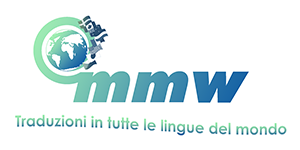Aqami

The Aqami script (aqami’meq in Aqami) was created
by Neonlights in 2011. It was influenced by the
Mayan script and various other block scripts,and is used to
write an invented language called Aqami.
Notable features
- Type of script: alphasyllabary (called nud’meq) with logograms (called innip’meq)
- Direction of writing: left to right in horizontal lines
- Contains 21 consonants and a blank (or null) consonant
(used when a word begins with a vowel) and 7 vowels (+1, which isn’t marked)
Aqami script
Consonants
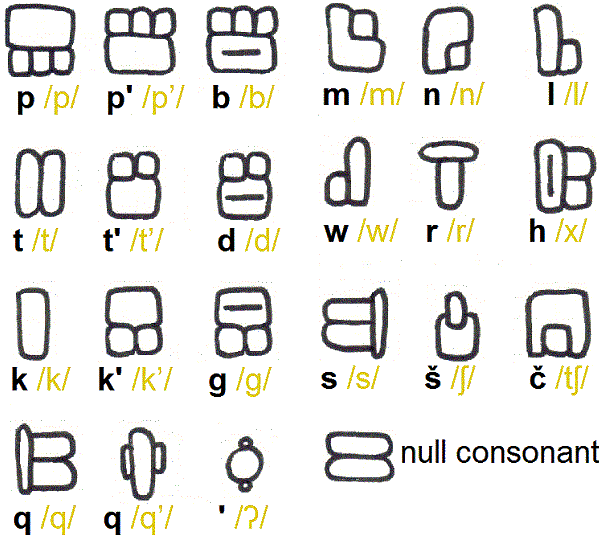
Note
Double consonants are marked with a double circle when
connecting to vowels (see the vowel table).
Vowels
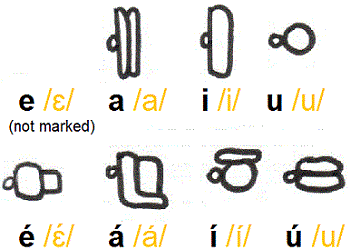
Logograms
Here are some of the logograms used in Aqami script.
There are about 1,500 altogether.
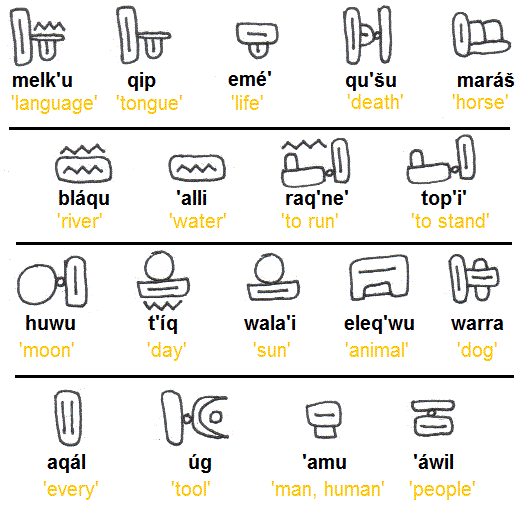
Notes
- If there is a innip’meq for word, it should be used
rather than writing the word in nud’meq. - A tutúlli (‘stream’) can be added to certain
logograms to indicate dynamics, movement or change. For example,
if a logogram qip (‘tongue’) represents the organ,
the same logogram with tutúlli would mean melk’u
(‘language’.)
Punctuation
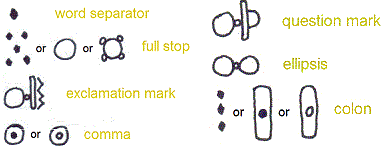
Notes
- Punctuation wasn’t used in the past. It was introduced to Aqami several centuries ago.
- Some marks have multiple forms, but the last form of each is most commonly used.
- The word separator is not always used.
Aqami numerals
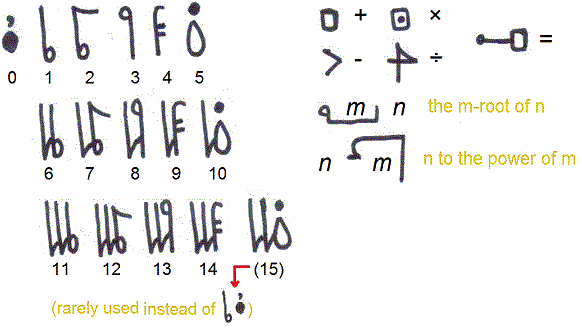
Notes
- The numeral system is pentadecimal (base 15).
- Numerals are also considered logograms, since none are written in nud’meq.
Sample text in Aqami
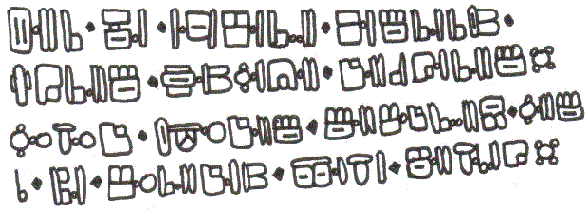
Transliteration
Aqálal ‘awili nuwit’illa iblileh q’enelab dúluqa’i?a mawnilab. ‘Urum na’nugik’umab bat’állag ‘ab uk’ ini t’ulamiq wá’ulirk daruk’in.
Literal translation
All people are born free and equal in dignity and rights. Reason and conscience were given to them and one should be as a brother to another.
Translation
All human beings are born free and equal in dignity and rights. They
are endowed with reason and conscience and should act towards one another
in a spirit of brotherhood.
(Article 1 of the Universal Declaration of Human Rights)
